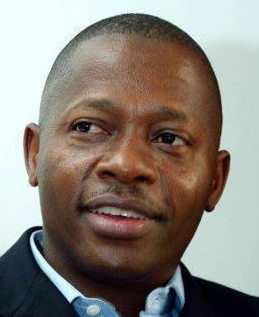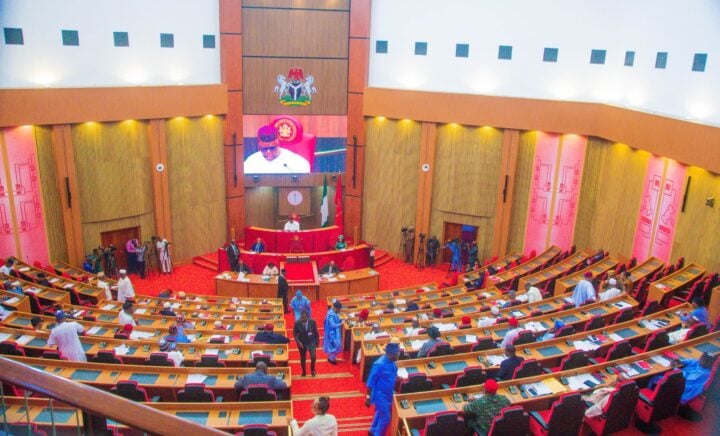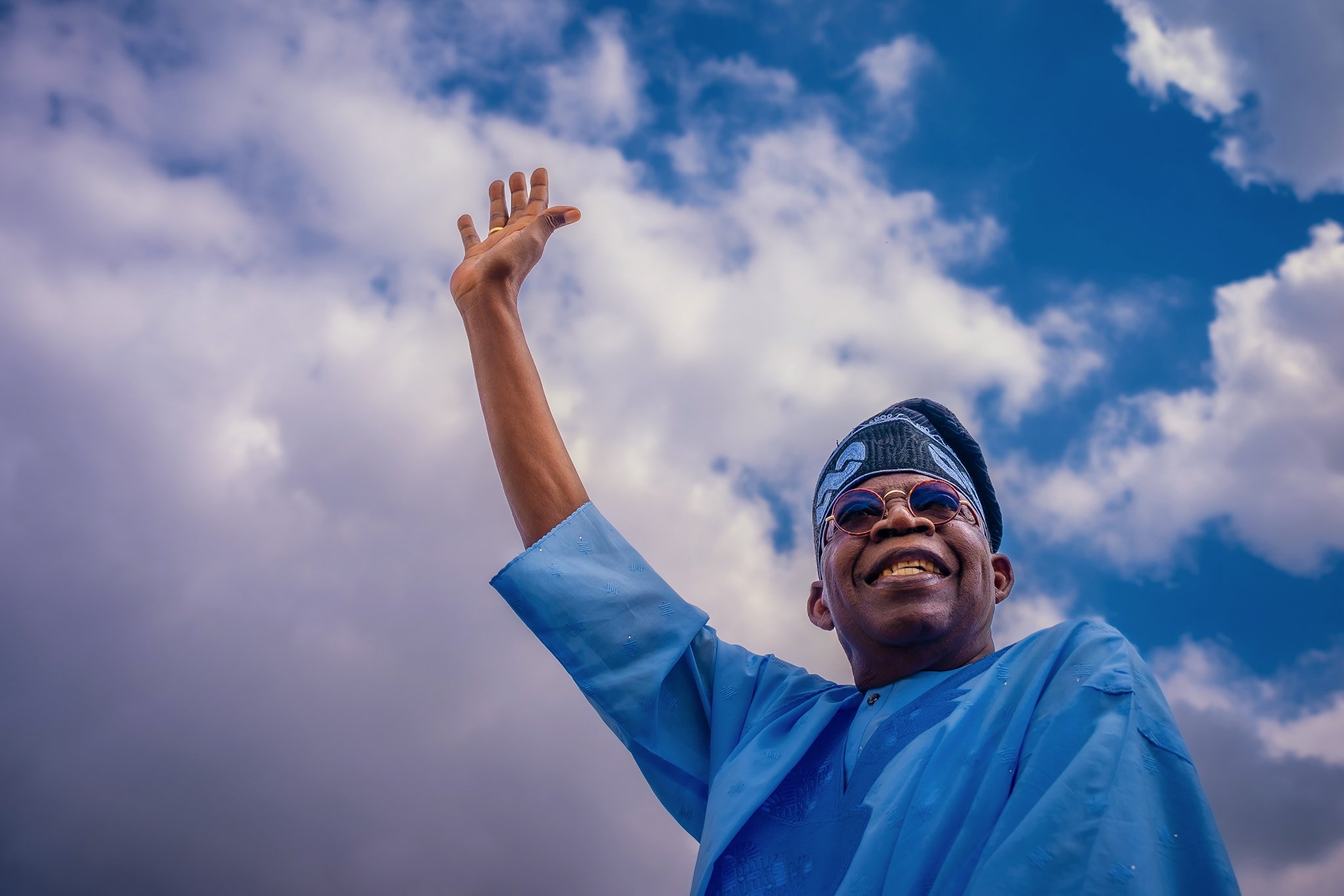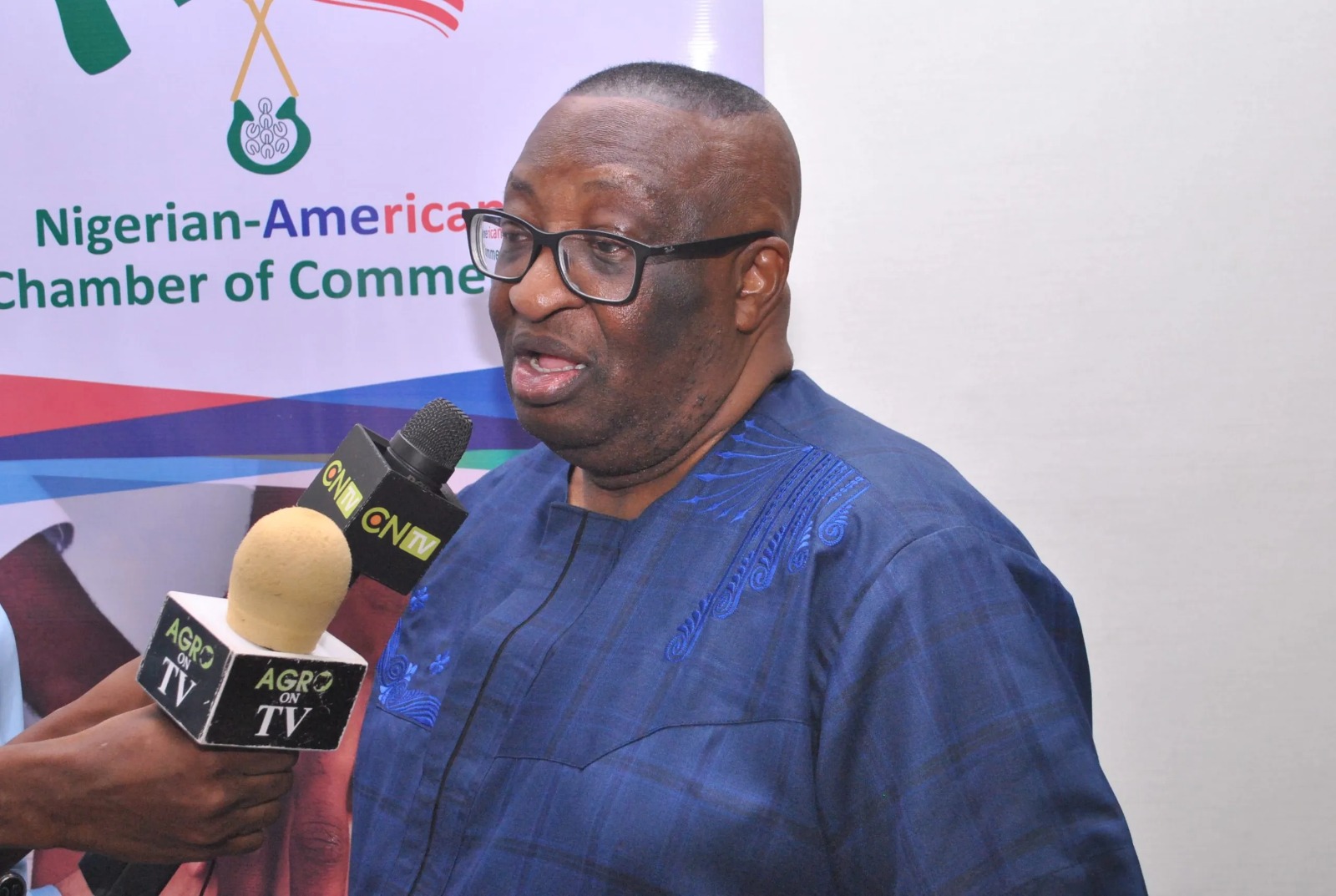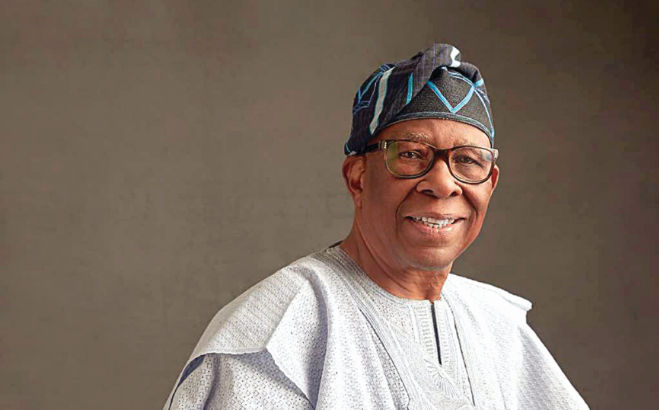Circa 2005. Early evening in London. After initial commitments, some Western nations seemed to be reconsidering the debt deal with Nigeria. Italy was one such nation.
After agreeing to an appointment to discuss the next steps, the country’s finance minister became unreachable. His assistants who had arranged the meeting claimed ignorance of his whereabouts. Progress seemed impossible. “Do you know where he’s staying?” Okonjo-Iweala asked Edith Jibunoh, my colleague who had been communicating with the Italians. The answer was yes. “Let’s go there,” Okonjo-Iweala said. Informed that there was no way of knowing if the minister was in the hotel or when he’d arrive, Okonjo-Iweala declared, “We’ll wait for him.” And so, the Finance Minister of Nigeria waited at the hotel’s reception for several hours for her Italian counterpart. The elusive gentleman finally walked into the lobby late in the evening. He couldn’t hide his shock when Okonjo-Iweala walked up to him with a smile. “Hello, your excellency. What a pleasure to run into you!” she said to the apologetic Italian. The meeting held, and progress was made.
“What kind of person is Madam Ngozi? Who is she, really?”
This is a question I am often asked about Ngozi Okonjo-Iweala, who turns 70 today. I’ve heard it from people of all walks of life, ages, and demographics, especially young people – professionals, undergraduates, secondary school students, and even children. Youths, in particular, are fascinated by Okonjo-Iweala. Soon after meeting her, she becomes their adopted aunty or mentor.
Advertisement
But young or old, many people want to know the person behind the visible aspects of her personal brand – the big eyes behind the glasses, the passionate and emphatic style, the rigorous yet simple communication that demystifies and humanizes difficult economic concepts… and of course, the unique fashion taste that has made local fabrics a staple in the wardrobes of society women.
The questions are not strange. In this era of heightened celebrity-dom, there’s a fascination with discovering the authentic persons behind the social media-crafted personas. So, who is Okonjo-Iweala, really, and what makes her tick? The story above gives an idea. Okonjo-Iweala is not only brilliant and high-achieving; she’s also passionate and focused on delivering results.
Let’s start with what the world already knows: Okonjo-Iweala is exceptional. It is not an exaggeration to say that she is one of the most visible and consequential public servants in the history of the country, widely admired and respected across the continent and the world. She was a 49-year-old Vice President at the World Bank when she was appointed Obasanjo’s second-term Finance Minister. In the intervening 21 years, Okonjo-Iweala has evolved to become the face of world-class, high-performing Nigerian technocracy in Africa and the world, a profile cemented by her current role as the Director-General of the World Trade Organization. And typically, she is doing unprecedented things at the WTO. Her leadership has energized the institution, boosted its profile and role as a key player in the global multilateral space. In words and deeds, she demonstrates a fact often forgotten: trade is a vital force for lifting nations and improving lives worldwide. Under Okonjo-Iweala, WTO member nations, after two decades of gridlock, agreed to reduce fisheries subsidies and expand vaccine production to combat COVID-19 and future pandemics.
Advertisement
The first woman to serve as finance minister and the only person to serve twice in that role, as well as the pioneer Coordinating Minister for the Economy, Okonjo-Iweala has blended high performance with a unique style and personality. Someone has described Okonjo-Iweala as the nation’s loving and lovable big sister who has your back but insists on the highest standards.
The evidence of her positive influence can be seen in the documented facts of her transformative contributions during the cumulative eight years she spent in government, as distinctive as her scarf. The positive impact of the policies and programs she helped conceptualize and implement, the projects she led, and the initiatives she inspired are still felt in national economic parameters, company income statements, on family tables, and in the pockets of individual Nigerians. The reforms and institutions she midwifed and supervised remain pillars of prosperity. Even now, in less prosperous times, they serve as bulwarks without which things would have been much worse. Many Nigerians still remember with nostalgia the four frenetic years she served as Finance Minister under Obasanjo when the superstructures of the modern Nigerian economy were conceptualized, fleshed out, and operationalized. As chair of the Economic Team, she led a strong team of technocrats in implementing wide-ranging reforms that restructured the economy as a viable and productive component of the global economy, harnessed hidden strengths, recharged the private sector, restructured the public sector for better performance, and raised household incomes.
The Obasanjo reforms, which came after two bleak economic decades under the military, changed the nation’s socio-economic landscape in unprecedented ways. Okonjo-Iweala played a starring role in this process. Nigeria is a nation with a short memory. We often forget how awful things were before Obasanjo. A friend once related on Twitter how her mother’s university lecturer colleagues were using ropes to hold up their trousers. Their pay was that bad. Under Obasanjo, their remuneration and working conditions improved significantly, and lecturers not only threw away the ropes but also bought second-hand cars and land. One cannot talk about Okonjo-Iweala’s first time as Finance Minister without mentioning the historic debt deal with the Paris Club of Creditors, which lifted the heavy decades-old debt burden, enabling the economy to stand, rise, and fly so well that it weathered the 2008 global financial crisis better than many developed countries.
Okonjo-Iweala’s return as Finance Minister under Jonathan with the additional portfolio of Coordinating Minister of the Economy was not universally hailed. As related in her book, Fighting Corruption is Dangerous, some powerful forces opposed her comeback because of the expertise and credibility she would contribute to a government they didn’t want to survive. And it took a dark turn that has become a part of our history. Despite the challenges, Okonjo-Iweala left a solid account that is being appreciated more and more. Economic management was robust and effective. In fact, as the Jonathan government was departing, global analysts were projecting that Nigeria, along with China and Qatar, would be among the top-performing economies in the world. Beyond the macroeconomic accomplishments, Okonjo-Iweala, with Jonathan’s approval and working with ministerial colleagues and the economic team, also conceptualized and executed one of the most productive economic expeditions in the country’s history to China. Based on a thorough audit of the nation’s infrastructural needs, she led the first delegation and then accompanied Jonathan’s delegations to Beijing on a trip that produced enduring results, reflected in some of the key current and future infrastructure we have in the country today: Abuja-Kaduna, Abuja light rail, four international airport terminals, and the Galaxy Backbone project, among others.
Advertisement
Another notable accomplishment was the number of key institutions that Okonjo-Iweala midwifed during her second stint in government. These include the National Sovereign Investment Authority, also known as the Sovereign Wealth Fund, and the Development Bank of Nigeria (DBN). During this period, the iconic Youwin entrepreneurship program for youths and Project Act Nollywood, a support scheme for boosting technical skills in the movie industry, were also launched. At least 40 films produced by alumni of the program have been aired on Netflix.
The foregoing is in addition to countless other policies, programs, and initiatives to which Okonjo-Iweala has applied her unique blend of passion and professionalism, benefiting the country and its communities. This brings us back to the question, who is the woman behind the accomplishments?
The story at the beginning of this piece gives an idea, but there are many more. Okonjo-Iweala is not just a formidable technocrat and professional; she is also one of the realest and kindest people on the planet. Several years ago, as we were walking away from the plane after a Lagos-Abuja flight, we heard someone shouting, “Madam, madam!” It was the pilot. “I just wanted to thank you for boosting my confidence on my first flight ten years ago,” he said. He narrated how Okonjo-Iweala had come into the cockpit to congratulate him on a smooth flight. “Can I have another hug?” he asked. Of course, he got one from the nation’s favorite, brilliant aunty.
Nwabuikwu is a member of THISDAY editorial board.
Advertisement
Views expressed by contributors are strictly personal and not of TheCable.
Add a comment
